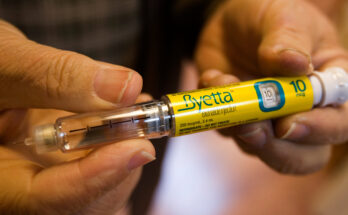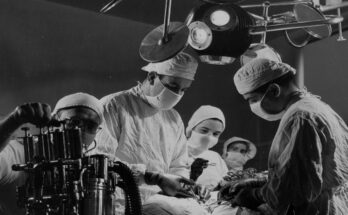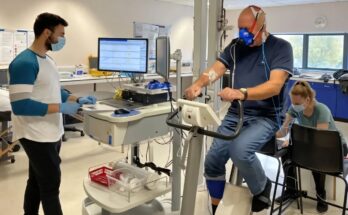Demand for the hormone is surging, and not just to treat libido. Here’s what we know about its benefits, and potential risks.. Five years ago, when Dr. Risa Kagan offered testosterone to postmenopausal women whose sex drive had vanished, the Berkeley-based OB-GYN had few takers. Women were wary of using what they thought was a male sex hormone, she said, and concerned about developing “masculine” traits, like body hair or a deeper voice.. Now, she said, “every patient is coming in asking.”. Across the country, women’s health providers have reported a similar surge in recent months, sparked by menopause influencers on Instagram and TikTok who promote testosterone’s wellness benefits. Even Kate Winslet praised its power to make her “feel sexy again.”. But amid the cultural enthusiasm for testosterone — and a newly energized conversation about helping women feel good through the menopause transition and beyond — nuances about the drug are getting lost, experts told The Times. While decades of evidence suggests that low doses of testosterone can increase some women’s sexual desire with few side effects, some proponents are overstating the drug’s ability to boost mood, cognition, muscle strength and heart health, they said, and underplaying its potential risks.. “People are trying to take testosterone for everything — it’s become the new feel-good drug,” said Dr. Kagan, who is a clinical professor at the University of California, San Francisco, and has prescribed and studied testosterone in women for more than 20 years. But for anything beyond libido, “if you really delve into the data, it’s just not ready for prime time.”. So what do we actually know about testosterone and women? Here’s what the scientific evidence has revealed about its very real benefits, and its risks.. Why do women need testosterone?. There’s a lot we know about testosterone’s role in women’s bodies, and more we don’t know.. While men have about 10 times as much testosterone as women, the hormone plays an important role in reproductive health for both sexes, said Dr. Susan Davis, an endocrinologist at Monash University in Australia, and one of the world’s leading researchers on women and sex hormones. In women, it is primarily produced by the ovaries and adrenal glands, and helps produce an egg each menstrual cycle, among other things.. We are having trouble retrieving the article content.. Please enable JavaScript in your browser settings.. Thank you for your patience while we verify access. If you are in Reader mode please exit and log into your Times account, or subscribe for all of The Times.. Thank you for your patience while we verify access.. Already a subscriber? Log in.. Want all of The Times? Subscribe.




